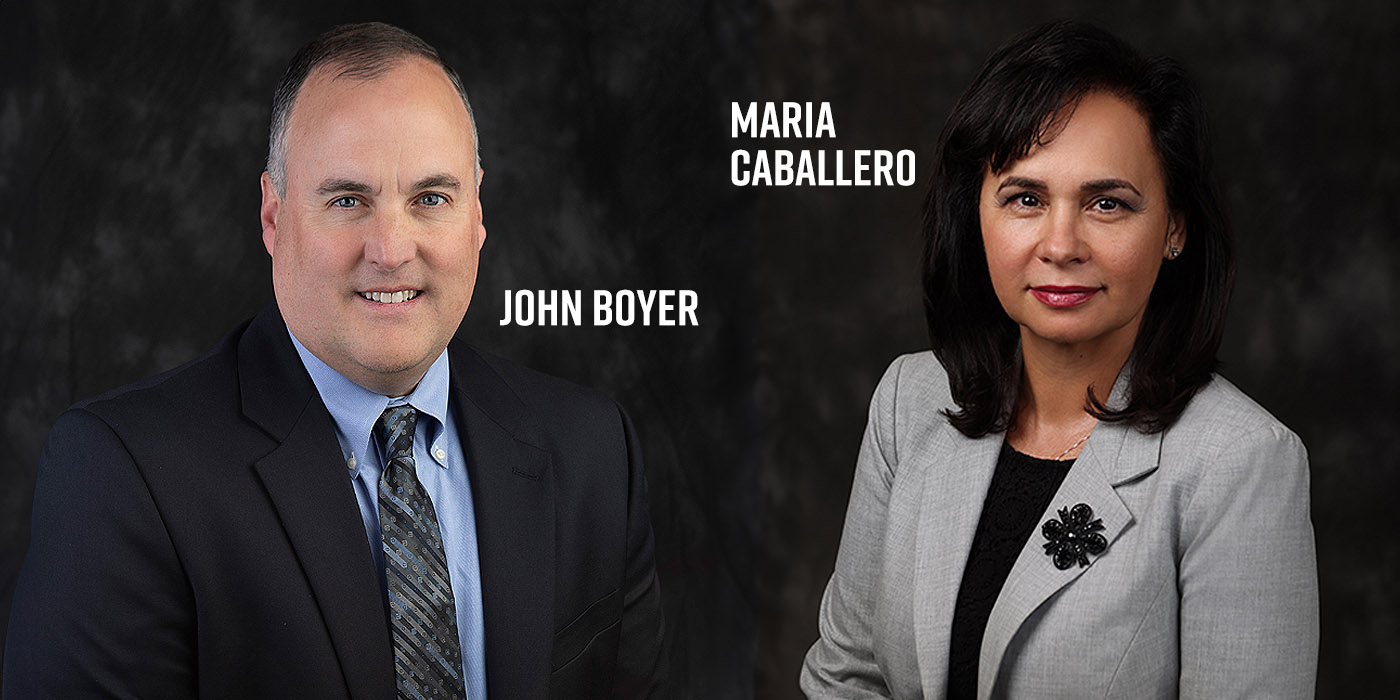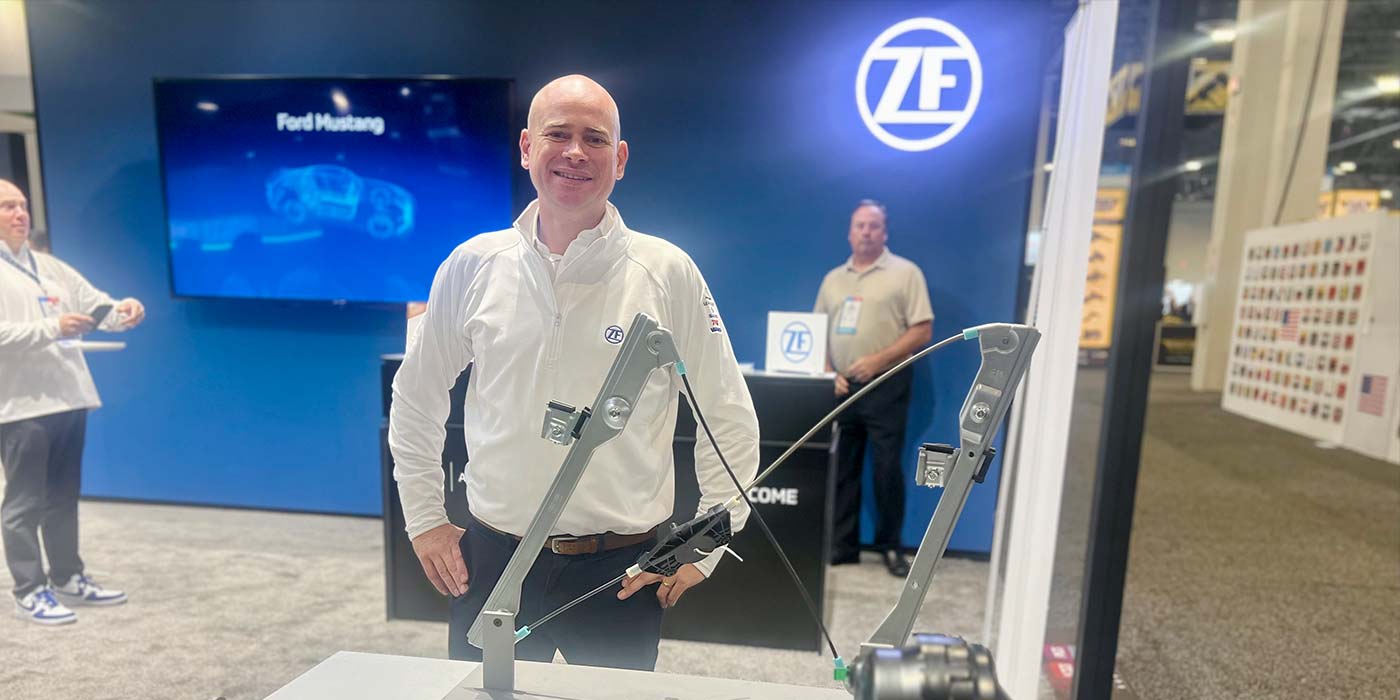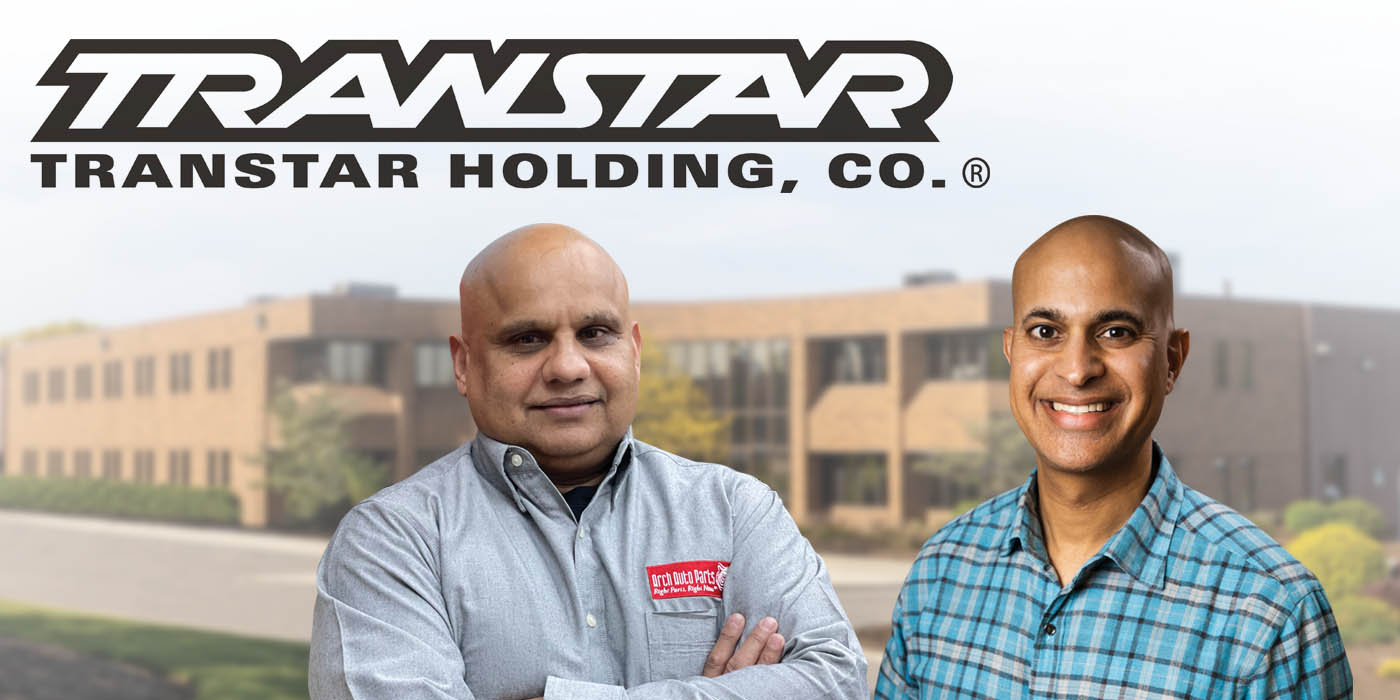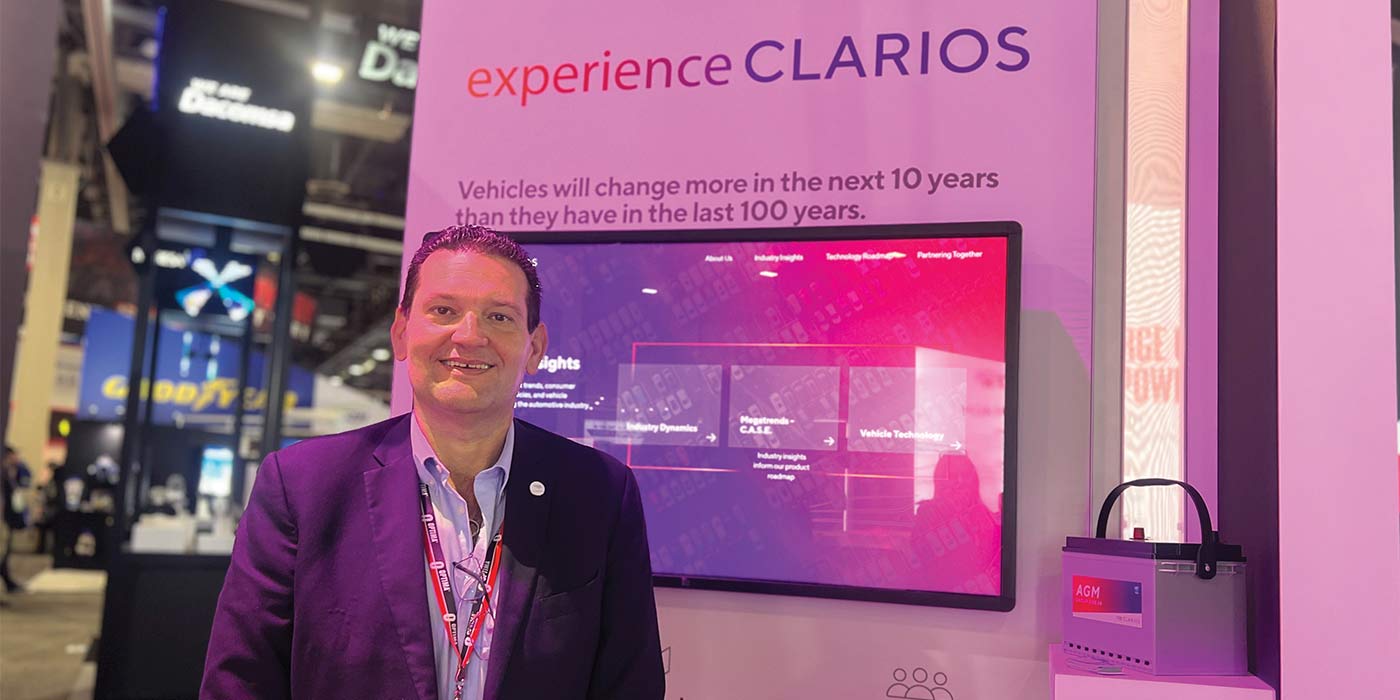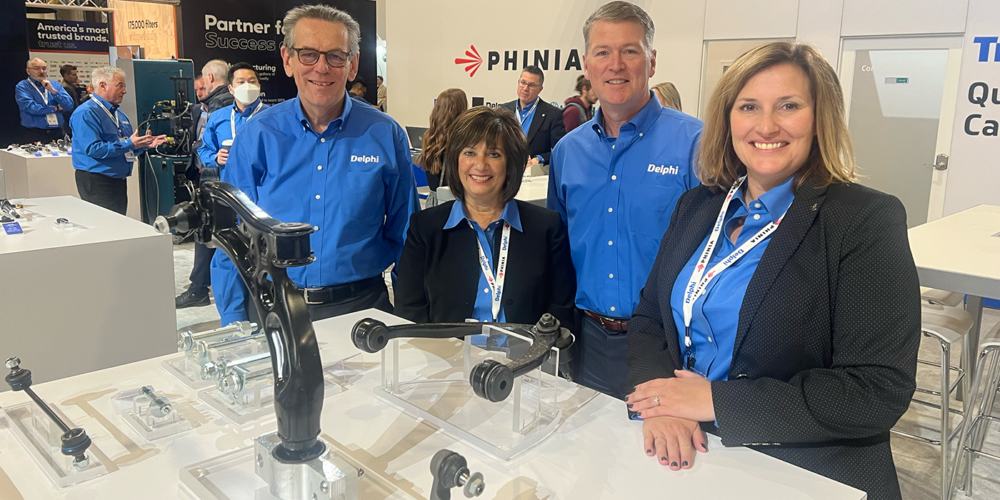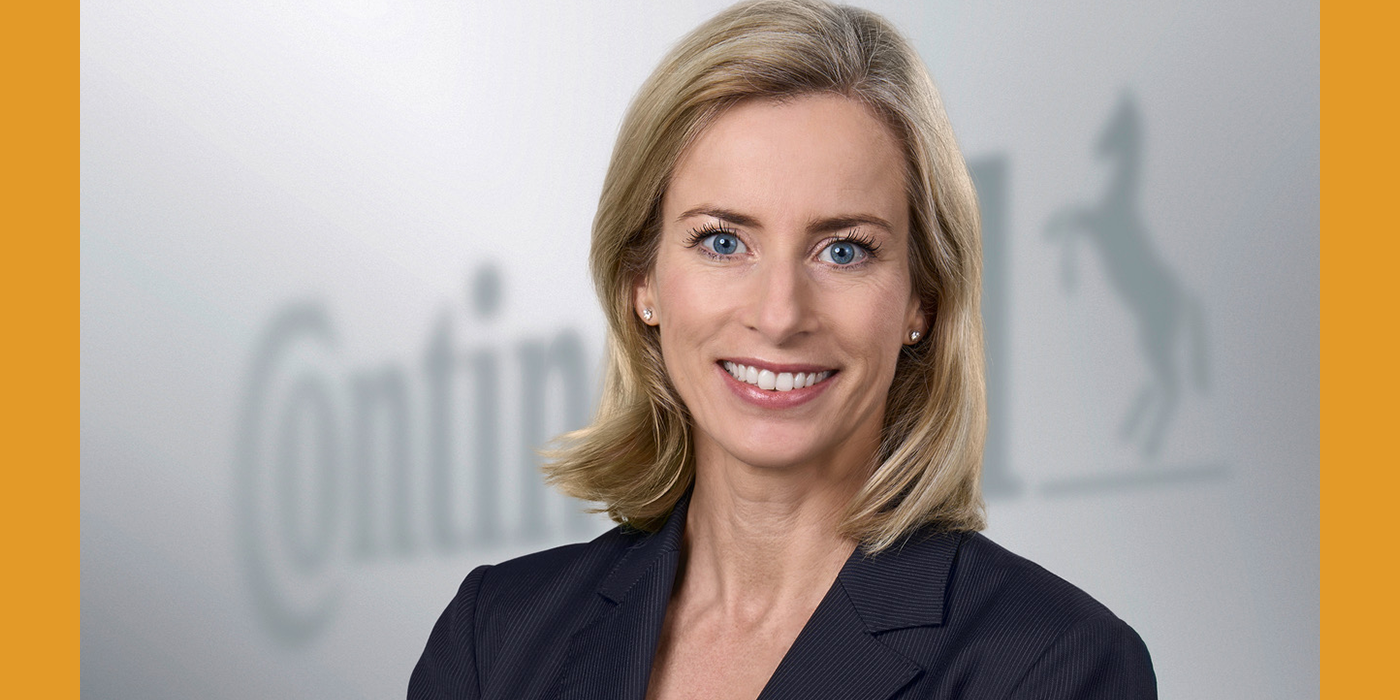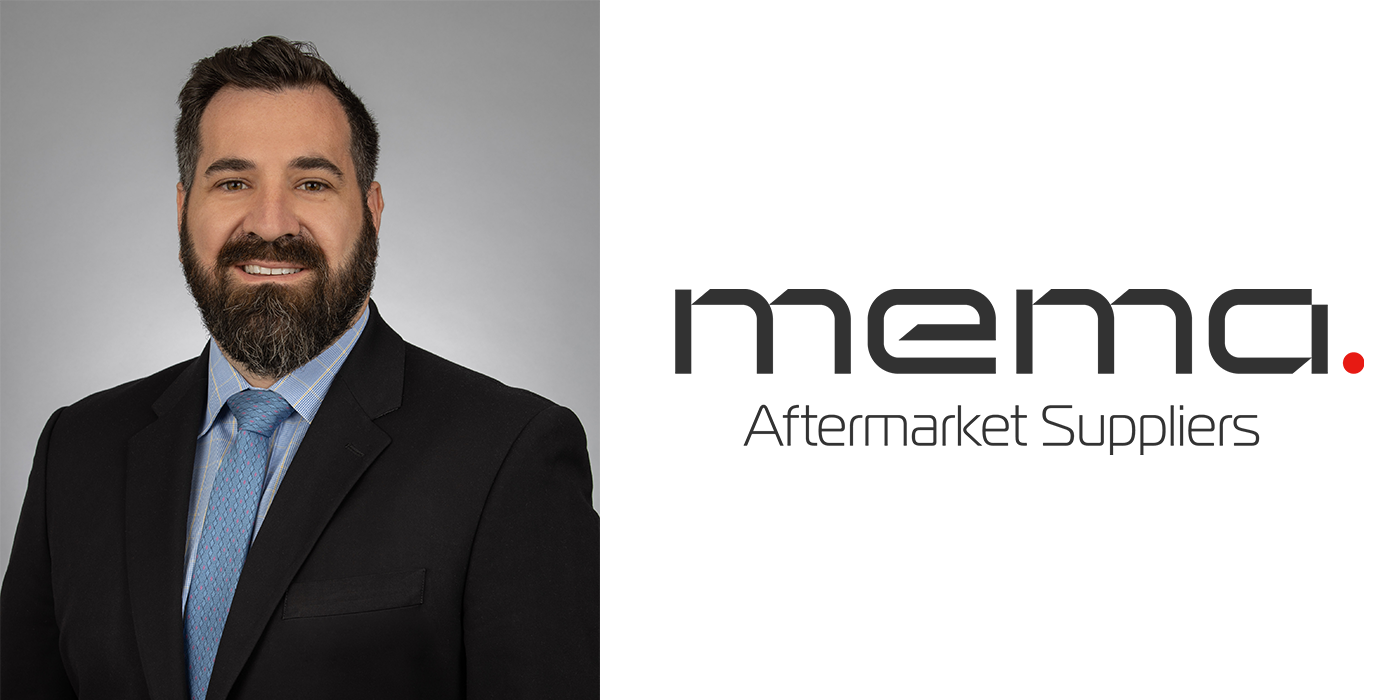 CANOGA PARK, CA — This week we hear from Thomas Beer, president and CEO of IMC. Beer joined IMC three years ago as president and CEO. Before IMC he managed and co-owned Infox, a marketing services and distribution company in Germany, Austria and the Netherlands. He started his career in the international sales and marketing department of Lufthansa German Airlines, and later became CEO of EVS, also in Germany. Beer has an MBA from Johann Wolfgang Goethe University in Frankfurt. He is also a member of the AAIA Leadership Development Network Committee. Join us as Beer shares his thoughts on the import parts market and what his company is doing to help streamline business for repair shops working with import nameplates.
CANOGA PARK, CA — This week we hear from Thomas Beer, president and CEO of IMC. Beer joined IMC three years ago as president and CEO. Before IMC he managed and co-owned Infox, a marketing services and distribution company in Germany, Austria and the Netherlands. He started his career in the international sales and marketing department of Lufthansa German Airlines, and later became CEO of EVS, also in Germany. Beer has an MBA from Johann Wolfgang Goethe University in Frankfurt. He is also a member of the AAIA Leadership Development Network Committee. Join us as Beer shares his thoughts on the import parts market and what his company is doing to help streamline business for repair shops working with import nameplates.
Recent reports show that import nameplates are gaining on the so-called “Big Three” automakers when it comes to market share. What does this mean for your company in the next few years?
For IMC this is good news, because our programs are focused on all European and Asian nameplates. With imports becoming a mainstream product, distributors on all levels have to respond to the increasing demand for OE brand name products if they don’t want to lose business. The need to offer good import coverage will only increase because the scrappage rates for imports are dramatically lower than for the “Big Three;” therefore the import’s market share for cars older than five years will grow much faster than new registrations indicate.
Do you foresee any roadblocks or challenges that general repair facilities and distributors will face as a result of this increased business – in terms of stocking, cataloging, parts look-up etc.?
Import technicians have a much stronger preference for original equipment brands. This is due to the fact that when they open the hood on an import car, they see the wide variety of manufacturer brand names stamped on the parts. This is not the case under a domestic vehicle hood. For a general repair facility and their jobber the challenge is now to source exactly that right part, without supporting their OE dealership competition. Most of the brands they are looking for are available in the aftermarket, but until lately had not been accessible through the common industry catalogs and full line suppliers.
How does your company help the domestic jobber address these issues?
Two years ago, we started to develop a comprehensive program that will help the domestic jobber to get his share of the growing import parts business without having to adjust the way he is currently doing business. If a distributor like IMC, that specializes in OE branded import aftermarket parts, commits to doing business the same way it is done in today’s general jobber environment, everybody will win. Because we import directly from the OE manufacturers in Europe and Asia, we are able to offer better prices and quality compared to their current sources of supply. Along with that we carry all the “odd” parts that much too often are titled “dealer-only.” We can help every jobber to retain the business he currently loses to the dealership.
Tell us about your Jobber Program.
The backbone of our program is our numbering system. Prior to its development we only used OE numbers that are not only cumbersome, but were without any consistency across the vehicle makes. Our brand strategy is another key ingredient – supplying the OE brands that the technician is replacing on the vehicle. In many cases we offer the actual genuine part if the aftermarket can’t provide it. The key is to get this information onto the counter professional’s screen without having to change systems or applications. That’s why we integrated our catalogue into the Activant and Wrenchead catalog for customers who do not want or are unable to use our website. Parts look-up can’t be easier, even for rare applications. Also important is the expertise that we are able to offer our customers in inventory management decisions through our unique iTurns inventory management program. With iTurns we are able to pinpoint exactly what the jobber needs to be stocking for his market. We’ve been in this business for more than 40 years and we know very well which parts sell.
What kind of reception have you seen in the marketplace for your Import Jobber Program?
The reception tells us that we are on the right track. The demand for an OE brand quality imports program is overwhelming and it’s just a matter of offering the right tools to bring the these products to the counter without expecting a change of routines.
IMC recently introduced a new parts numbering system for import parts. Can you tell us more about how it works and what the benefits are?
The new 11 digit part numbering system is built by product group, car line and brand. This allows easy integration into any inventory management system and stocking method no matter what the leading attribute is. It’s a system developed by parts specialists for parts specialists.
It can be difficult for companies to justify the cost of investing in new inventory management systems. How does your product address this concern?
By integrating our products into the two industry standard catalogs, Activant and Wrenchead, no adjustments have to be made. IMC’s product lines are no different than any domestic line regarding parts look-up or inventory management.
As I understand it the IMC management team is made up of some industry veterans from the domestic side of the jobber world. How does this perspective impact your business strategy and product development?
It was critical for the development to understand the details in selling import parts in domestic jobber stores. Chris Kern, a former Beck/Arnley Worldparts executive and his team developed the jobber program independent from our standard operation to make sure we are not compromising. His excellent contacts helped to get the right input from the customers from the beginning and throughout the development process. In many areas we had to change the way we do business fundamentally to be able to offer the jobber market the most comprehensive import parts solution in the market.
Any other interesting news from IMC?
Well, in addition to our daily business we literally are trying to get in shape for AAPEX. A group of 15 IMC colleagues and partners will be bicycling from L.A. to Las Vegas to raise funds for an AAIA research paper on telematics. The question at hand is how systems, where the car communicates any failure codes directly to dealership, influence the market position of the independent installer. Thanks to the generous support of our vendors, the funds for the research are secured. Now the challenge remains for a group of aftermarket riders in mediocre shape to make it through the desert.

